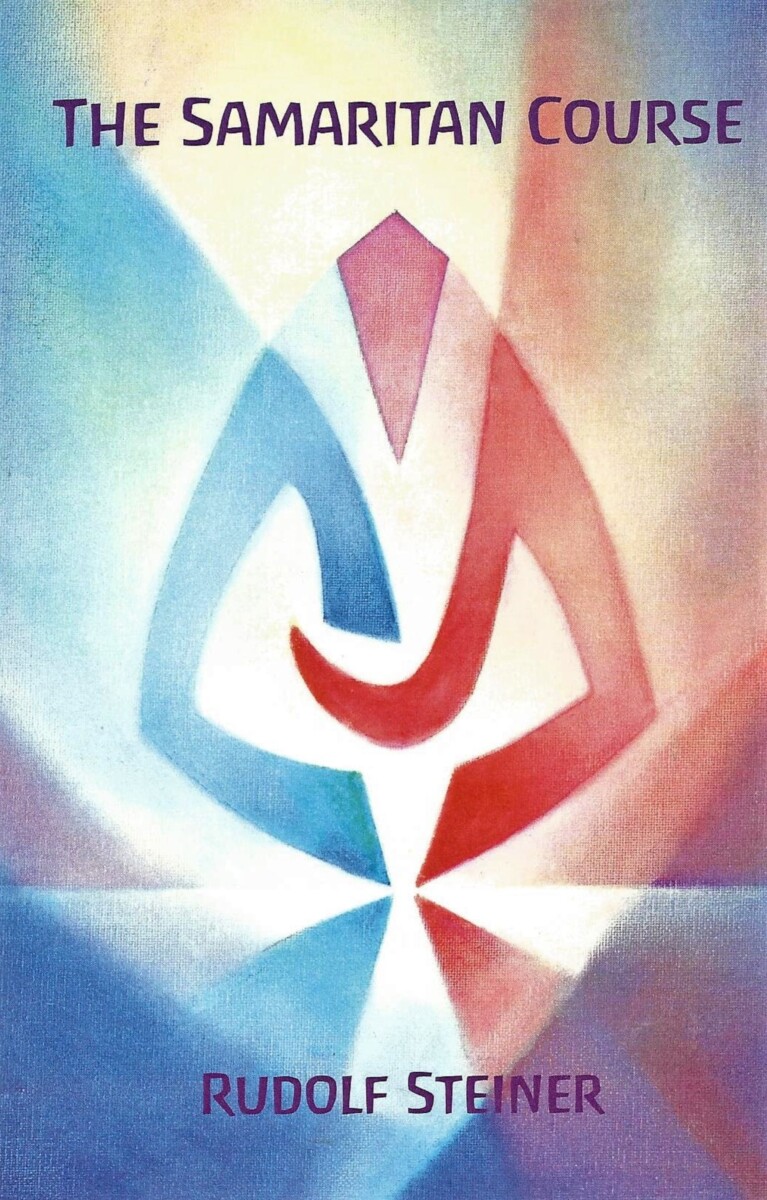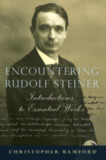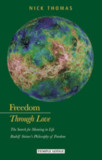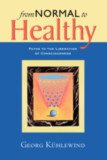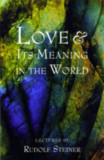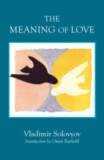Paperback
January 2014
9781957569253
More details
- Publisher
Mercury Press - Published
1st January 2014 - ISBN 9781957569253
- Language English
- Pages 60 pp.
- Size 5.5" x 8.5"
$12.95
Notes from lectures in Dornach, Aug. 13–16, 1914
In his Preface, Rolf Heine explains:
“Rudolf Steiner’s description of the occult background of wound healing and the spiritual significance of human assistance have their origins in a concrete occasion—the fathomless suffering of the soldiers on the battle fields of the First World War—but they turn toward an important future faculty of the human being: the healing power of love.”
These lectures have been preserved in fragments and include three mantras that can guide the reader to develop this healing power of love.
An additional lecture is also included: “Thoughts for the Times on the Destinies of Individuals and of Nations” given in Berlin on Sept. 1, 1914
Rudolf Steiner
Rudolf Steiner (b. Rudolf Joseph Lorenz Steiner, 1861–1925) was born in the small village of Kraljevec, Austro-Hungarian Empire (now in Croatia), where he grew up. As a young man, he lived in Weimar and Berlin, where he became a well-published scientific, literary, and philosophical scholar, known especially for his work with Goethe’s scientific writings. Steiner termed his spiritual philosophy anthroposophy, meaning “wisdom of the human being.” As an exceptionally developed seer, he based his work on direct knowledge and perception of spiritual dimensions. He initiated a modern, universal “spiritual science” that is accessible to anyone willing to exercise clear and unbiased thinking. From his spiritual investigations, Steiner provided suggestions for the renewal of numerous activities, including education (general and for special needs), agriculture, medicine, economics, architecture, science, philosophy, Christianity, and the arts. There are currently thousands of schools, clinics, farms, and initiatives in other fields that involve practical work based on the principles Steiner developed. His many published works feature his research into the spiritual nature of human beings, the evolution of the world and humanity, and methods for personal development. He wrote some thirty books and delivered more than six thousand lectures throughout much of Europe. In 1924, Steiner founded the General Anthroposophical Society, which today has branches around the world.


